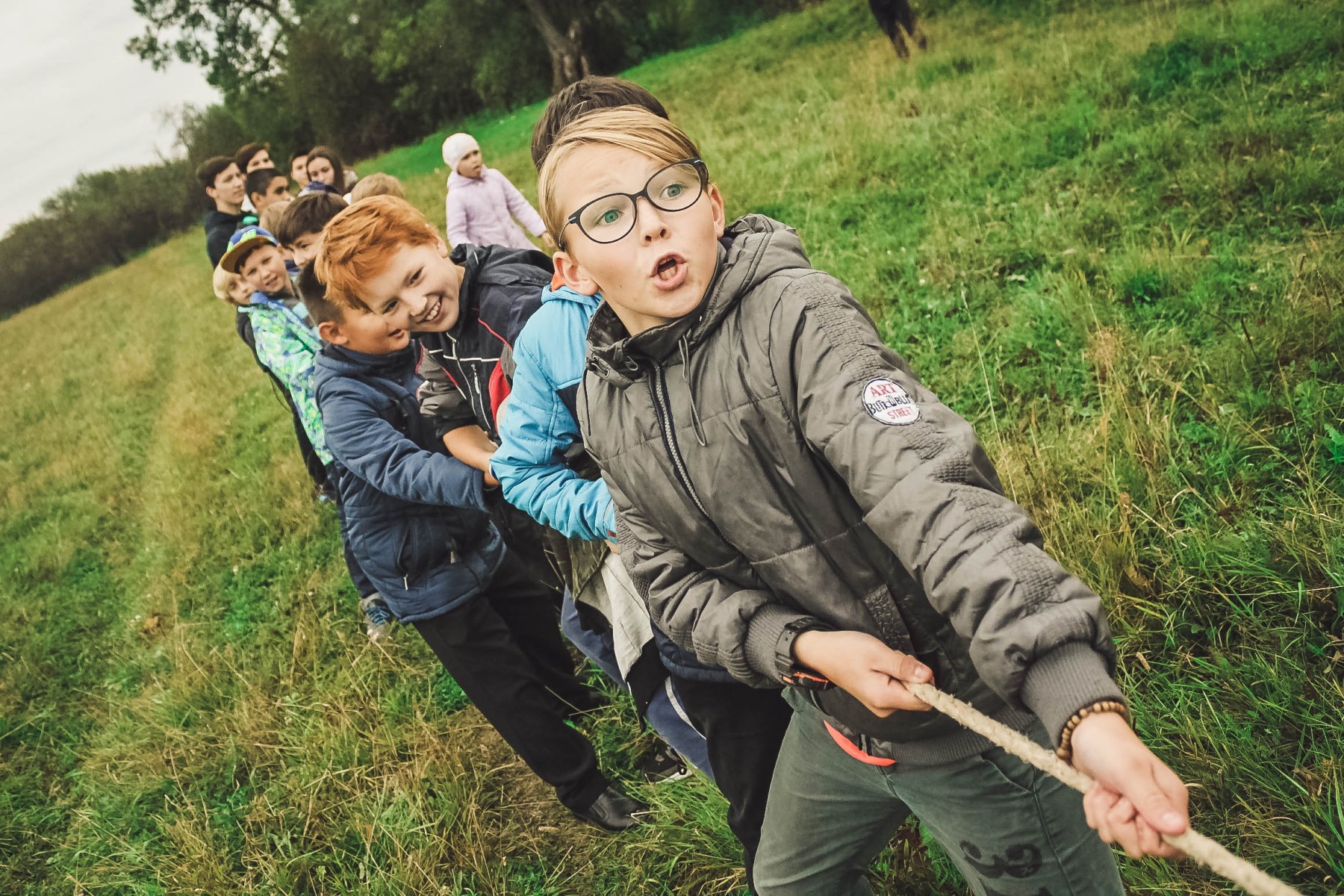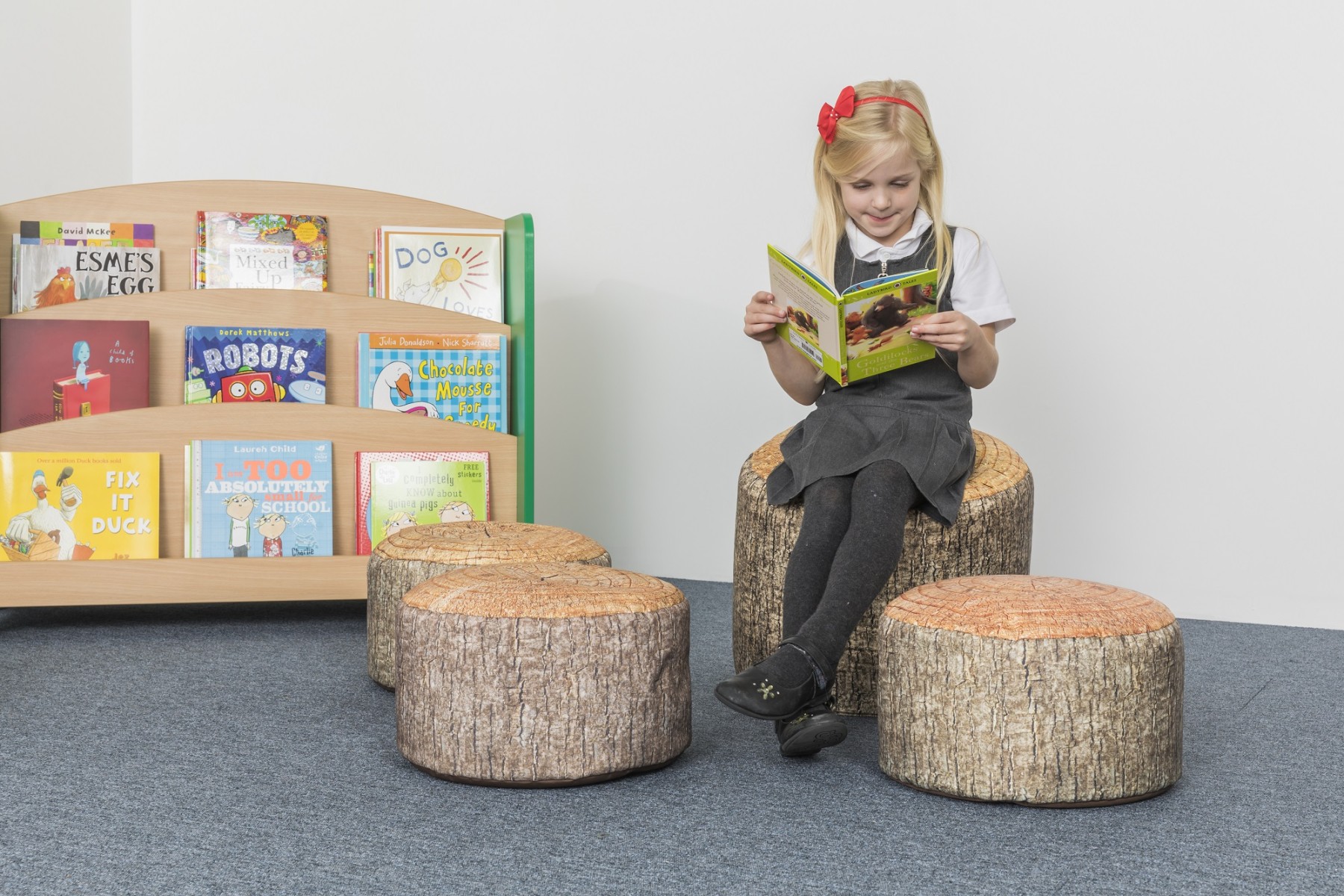Please note: We will continue to deliver your books and furniture until Thursday 18 December for schools, and Tuesday 23 December for public libraries. We will then close for the Christmas break, with deliveries resuming from Monday 5 January 2026. We wish all of our customers a very merry Christmas and a Happy New Year!
For help, advice and telephone ordering call our team on 0121 666 6646
Are you sure you wish to delete this basket?()
This action cannot be undone.
Sorry, something went wrong
Please report the problem here.
Benefits of outdoor learning and Forest Schools

May 18th 2022
Outdoor learning in the UK has previously meant taking textbooks onto the school field for an ‘outdoor lesson’ on an unseasonably hot summer’s day, or been placed firmly in the domain of Brownies, Girl Guides, Cubs, Scouts and Duke of Edinburgh participants. But things have changed over recent years, and this change is accelerating. Learning outside, Forest Schools and outdoor classrooms are becoming more commonplace within the learning environment. And that’s great news, because research shows just how beneficial outdoor learning can be.
What is outdoor learning?
According to the Institute for Outdoor Learning: 'Outdoor learning involves the transformation of knowledge, skills, attitudes and behaviours through direct engagement with the outdoor environment for the personal and social benefit of individuals, families, society and the planet.' Outdoor learning can take many forms, but we've focused on outdoor learning facilitated by schools, such as a purpose-built outdoor classrooms or in the school playground, sports field and elsewhere.
What are the benefits of outdoor learning?
It makes sense that a change of environment will facilitate changes in behaviour, and this is true of children moving from the classroom to outside spaces. Many studies have shown that there are multiple benefits to outdoor learning, including increased engagement and creativity, better physical and mental health, improved overall wellbeing, higher concentration levels, reduction in stress, anxiety and ADHD symptoms and an increased willingness to learn.
Often, children who struggle within a traditional classroom setting, perhaps with behavioural issues or a lack of confidence, can come into their own when they are working in a natural environment. They can show increased motivation, self-confidence and self-direction as well as improved communication.
There is also evidence to support the fact that children who spend more time in nature are more likely to feel a sense of ownership and interest in their surroundings. They show more interest in sustainability and protecting the environment. Awareness days, activities and campaigns can help children to get involved, with many become ambassadors at home and in their communities - whether that's encouraging parents or helping with litter-picking, beach cleans or recycling.
What about Forest School?
There’s so much more to Forest School than taking lessons outside. Learner-led, without a curriculum, situated outdoors, (ideally in woodland, where natural resources are plentiful), Forest Schools focus on providing high-quality outdoor learning experiences. Children are given freedom to explore and discover, assess and take risks, develop resilience and adapt to different conditions and situations.
Children are close to nature, watching changes through the seasons, developing awareness of their surroundings and reflecting not only on themselves but the impact they have on the world. This often results in greater appreciation and respect for nature and the environment. Parents who may initially have balked at the idea of their child being equipped with a hammer or saw can see the effect that these risk-aware rather than risk averse sessions can have.
Play-led problem-solving that incorporates teamwork and communication, with the additional element of freedom can result in improved self-confidence, self-awareness and self-esteem. There are also positive mental and physical health benefits. There are plenty of opportunities to further develop gross and fine motor skills, and with a little bit of imagination and an abundance of natural resources the opportunities for learning and development are endless.
In a study commissioned and funded the Forestry Commission, the following differences were identified:
• Confidence: children had the freedom, time and space to learn and demonstrate independence
• Social skills: children gained increased awareness of the consequences of their actions on peers through team activities such as sharing tools and participating in play
• Communication: language development was prompted by the children’s sensory experiences
• Motivation: the woodland tended to fascinate the children and they developed a keenness to participate and the ability to concentrate over longer periods of time
• Physical skills: these improvements were characterised by the development of physical stamina and gross and fine motor skills
• Knowledge and understanding: the children developed an interest in the natural surroundings and respect for the environment
So, whether you’re considering outdoor learning or forest school, the key benefits remain the same…happier, healthier and more engaged children.
Bring the outside in… or sit more comfortably in nature with our library cushions and accessories
Take a look at our nature furniture range including modern library furniture, library cushions, and accessories designed for and inspired by the outdoors. Encourage your children to take a seat on a toadstool, settle on a stump or sit back and take in their surroundings on a beanbag inspired by the seasons. This library furniture for schools range of seats and cushions is suitable for use indoors or outdoors, while the book tree designs will add interest to your library or classroom reading corner.
The nature range is supplied by Eden Learning Spaces.
Discover our book tree designs









